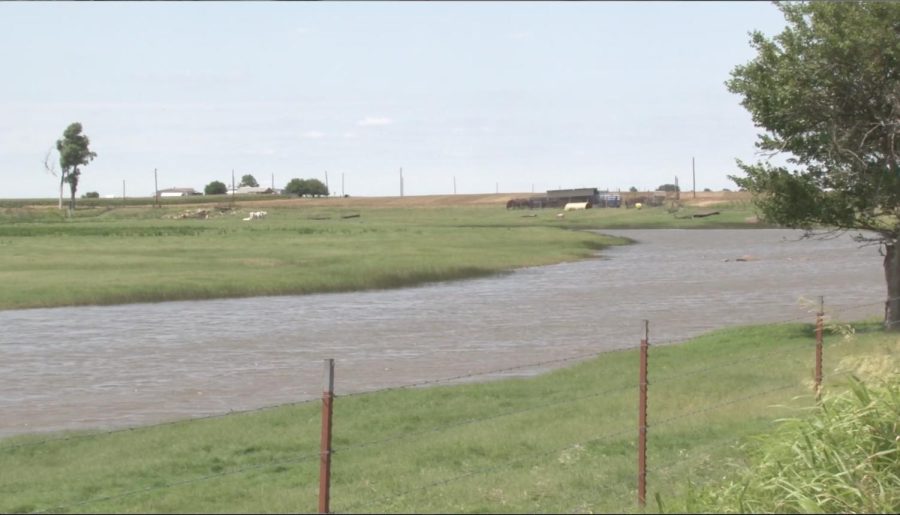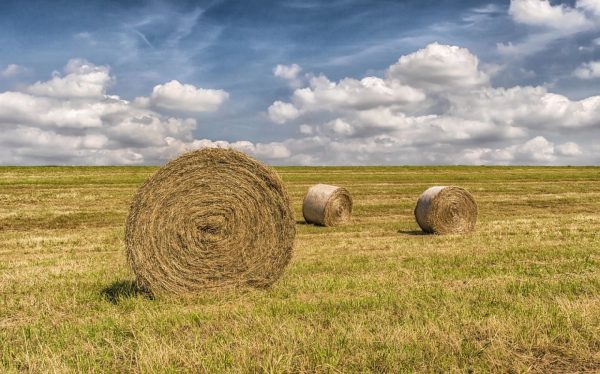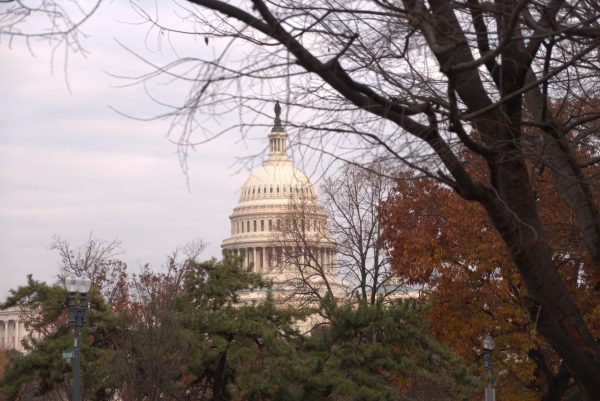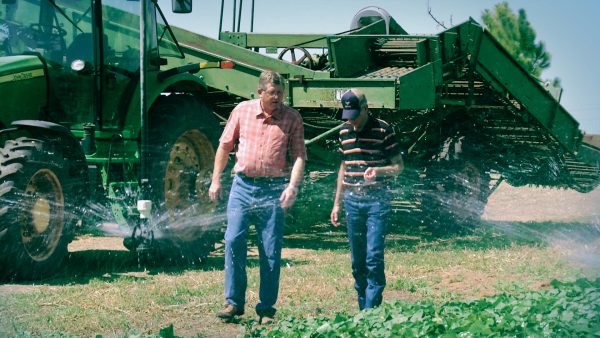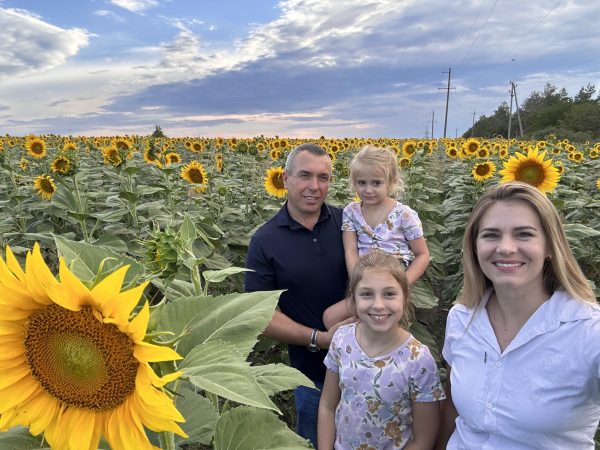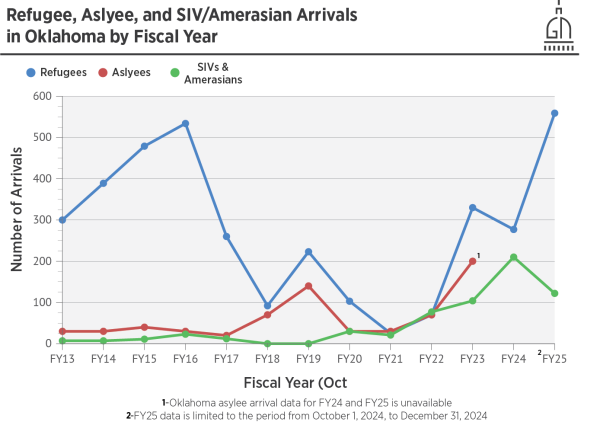Oklahoma officials warn new WOTUS rule poses complications for farmers
New restrictions could be in store for the Salt Fork Red River in Oklahoma’s Cotton County. (Gaylord News Photo/Will Blessing)
WASHINGTON – Oklahoma officials are challenging a new rule that expands federal regulation of water bodies over concern for its effect on the nation’s farmers.
This new rule, effective March 20, will redefine the term “waters of the United States” under the Clean Water Act, restoring some of the federal government’s jurisdiction over bodies of water in the country that was removed under a Trump administration revision.
The Clean Water Act’s main objective is to prevent water pollution, but opponents of the new rule argue it’s too vague and may add financial strain for farmers who want to maintain or alter water bodies on their property.
The Oklahoma governor, attorney general, and members of the Oklahoma congressional delegation are challenging the rule legally and verbally.
Oklahoma Atty. Gen. Gentner Drummond joined 23 other state attorneys general in a lawsuit filed on Feb. 16 in a federal district court in North Dakota challenging the rule.
Sens. James Lankford (R-Oklahoma City) and Markwayne Mullin (R-Westville) voted for a resolution to formally disapprove of the new rule. Senate Republicans unanimously voted for the resolution that ultimately failed to pass the Senate earlier this month.
“President Biden is replacing a clear and predictable Clean Water Act rule with a complex and overreaching Waters of the US rule, which will cost Oklahomans millions of dollars in litigation and plenty of frustration,” Lankford said in a statement.
In January, Gov. Kevin Stitt joined 24 other governors in signing a letter sent to President Joe Biden asking him to halt the rule’s implementation until the Supreme Court weighs in.
A pending Supreme Court case, Sackett v. EPA, could clarify what method is appropriate for determining waters of the U.S. Oral arguments were heard on Oct. 3, 2022 and a decision is expected later this spring.
According to the new rule, many bodies of water will be subject to the “significant nexus test.” The test is applicable to any water body on private property and is used to determine if a body of water falls under federal jurisdiction. The jurisdiction is dictated by whether the water is linked to or may affect a larger body of water—such as traditional navigable waters, the territorial seas, or interstate waters.
The American Farm Bureau Federation — an insurance company and lobbying organization — believes the “significant nexus test” is ambiguous and puts farmers in the dark.
“The bright line of jurisdiction is so muddled, that landowners can’t determine for themselves if they have a jurisdictional feature on their property,” said Courtney Briggs, the Farm Bureau’s senior director of government affairs.
Rep. Frank Lucas (R-Cheyenne) publicly denounced the new rule last December, shortly after the Environmental Protection Agency announced the rule change.
“During this time when increased agriculture production and growth are critical, the rule fails to provide certainty for America’s farmers and ranchers.,” Lucas said in a statement.
The Clean Water Act provides agricultural exemptions, but Briggs said those are ambiguous as well.
“When I have conversations with EPA and the [Army] Corps about the exemptions, I remind them that an exemption is only as good as how clearly it’s written,” Briggs said.
Briggs said opposition to the new rule doesn’t mean farmers want zero regulation.
“The Biden administration feels that the federal government should do more of the regulating,” Briggs said. “We feel it should be a partnership with the federal government and the state governments to protect our nation’s waters.”
The new definition of waters of the United States will replace a Trump-era definition that allowed state governments more jurisdiction over smaller water bodies.
“So a lot of this debate is not about if it’s going to be regulated; it’s about who’s doing the regulating,” Briggs said.
Gaylord News is a reporting project of the University of Oklahoma Gaylord College of Journalism and Mass Communication. For more stories by Gaylord News go to GaylordNews.net.


